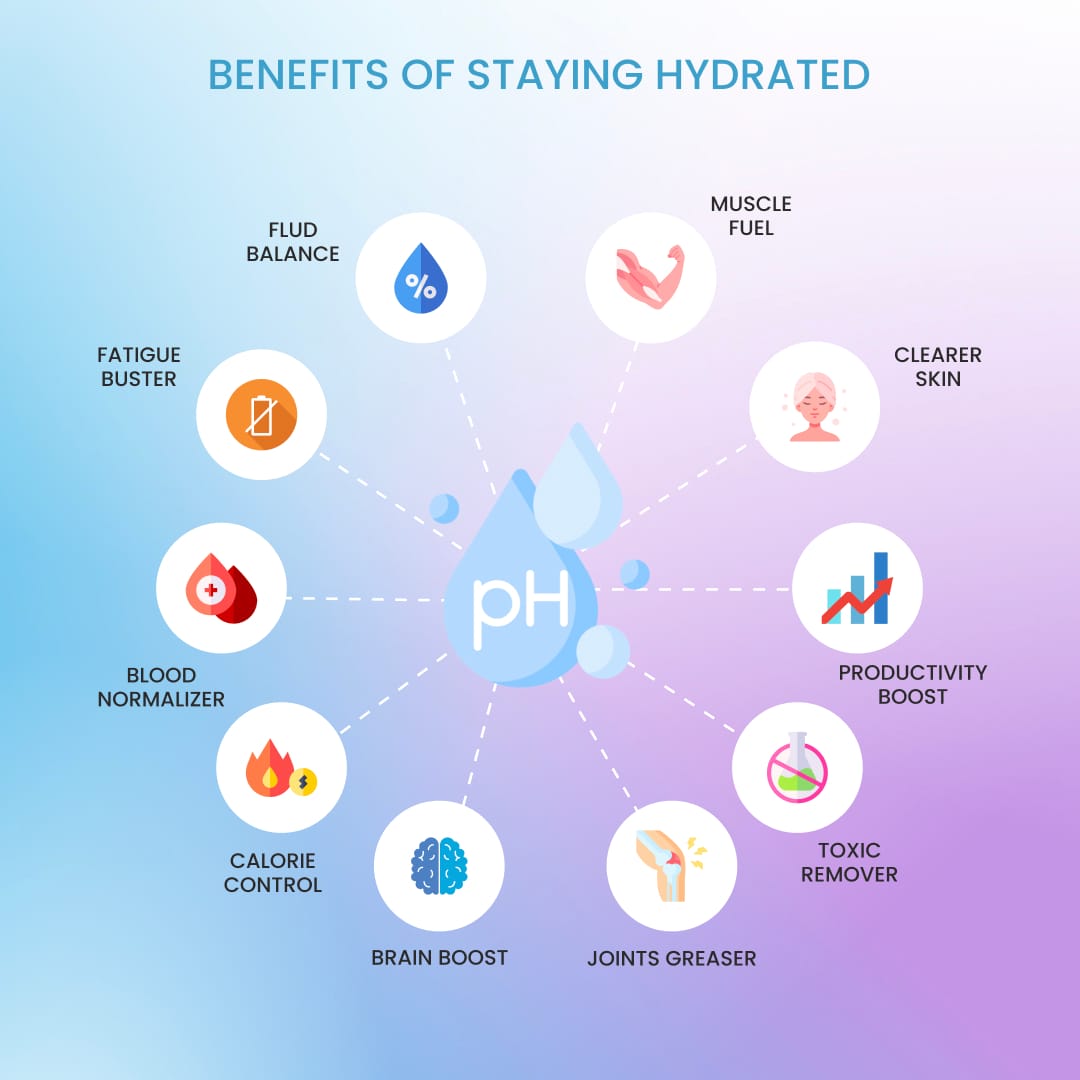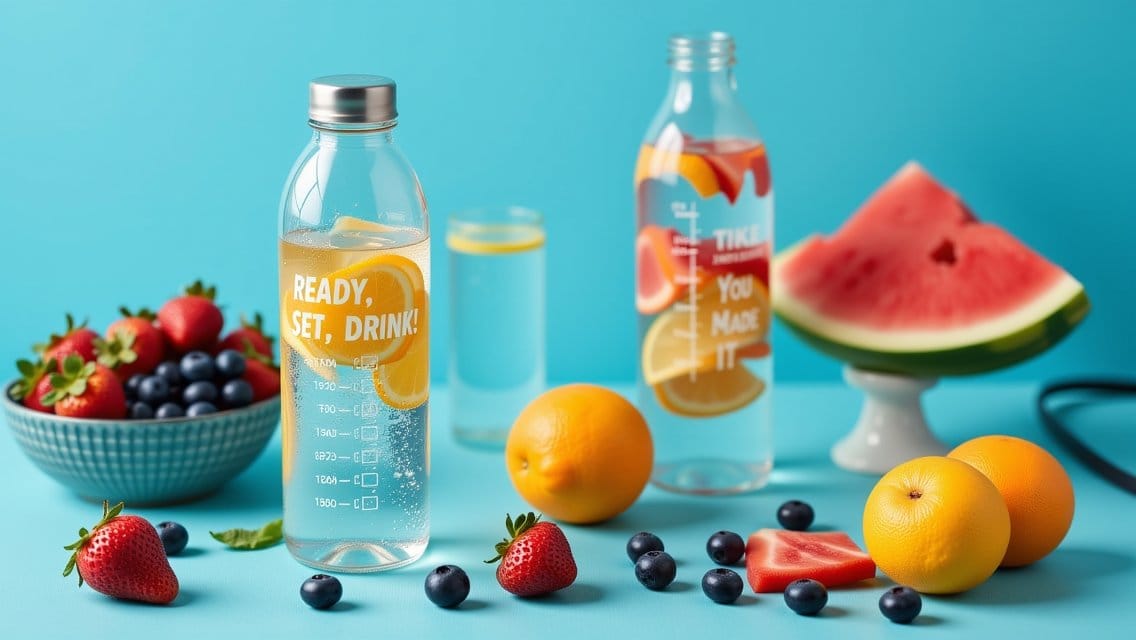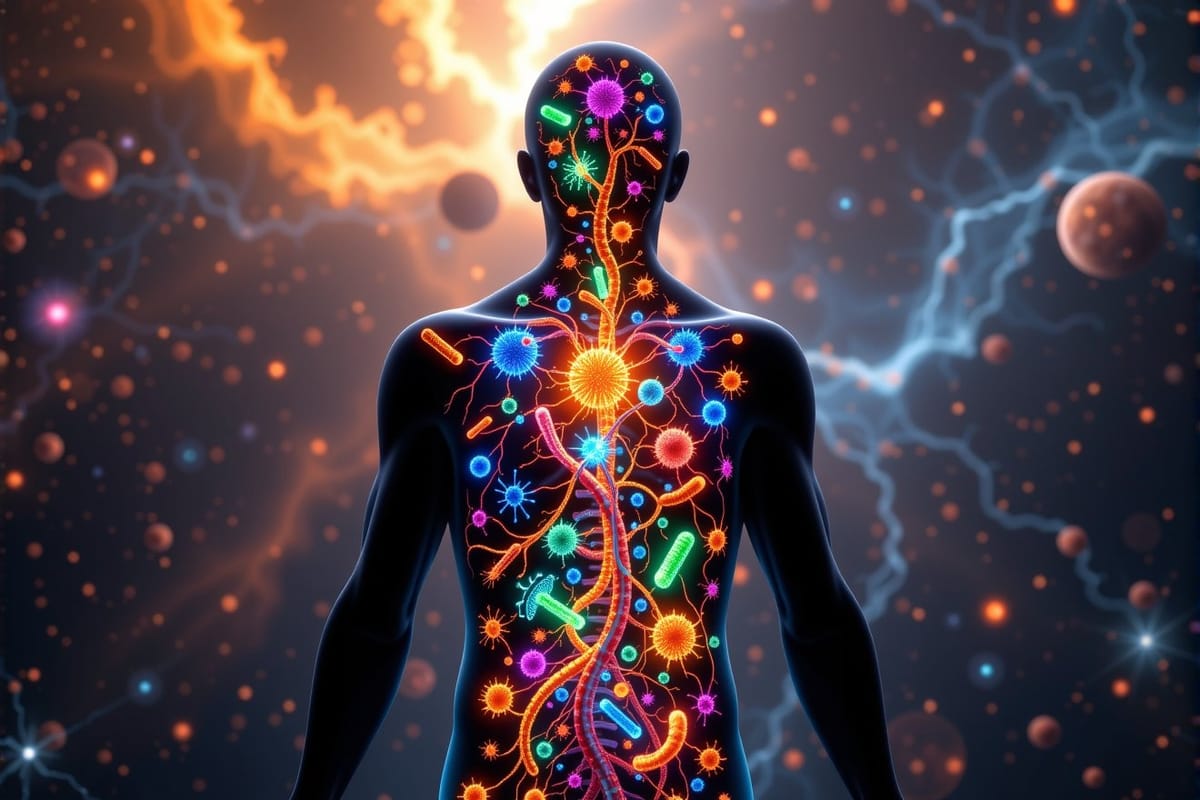The Role of Hydration in Longevity: How Water Fuels a Longer, Healthier Life
Hydration is often overlooked in longevity discussions, yet it plays a crucial role in maintaining optimal health as we age. From cellular function to cognitive well-being, water is the key to longevity. Understanding its impact can help you develop better hydration habits that support a longer, healthier life.Water is essential for nearly every function in the body. As we age, our body’s ability to retain water declines, making proper hydration even more critical. Here’s how staying hydrated contributes to longevity:
1. Cellular Health and Regeneration
Hydration fuels cellular function by aiding nutrient transport and waste removal. Proper water intake supports mitochondrial efficiency, helping cells generate energy more effectively and slow the aging process.
2. Cardiovascular Health and Longevity
Dehydration can lead to thickened blood, increasing the risk of hypertension, heart disease, and stroke. Drinking enough water keeps blood viscosity optimal, reducing strain on the heart and supporting circulatory health.
3. Cognitive Function and Brain Health
Water is vital for brain function. Chronic dehydration is linked to cognitive decline, memory issues, and increased risk of neurodegenerative diseases like Alzheimer's. Proper hydration supports mental clarity, focus, and overall brain longevity.
4. Joint and Muscle Health
Aging joints require adequate lubrication to prevent stiffness and pain. Water helps maintain synovial fluid, keeping joints supple and reducing the risk of arthritis and mobility issues.
5. Detoxification and Anti-Aging
Hydration aids in kidney and liver function, flushing out toxins and reducing oxidative stress, which contributes to premature aging. Proper hydration helps maintain skin elasticity and reduce the formation of fine lines and wrinkles.
How Much Water Do You Really Need?
The "8 glasses a day" rule is a good starting point, but hydration needs vary based on age, activity level, and climate. A better approach is to monitor urine color (light yellow indicates good hydration) and adjust intake accordingly. Incorporate hydrating foods like cucumbers, oranges, and watermelon to supplement water intake naturally.

Hydration Tips for Longevity
- Start your day with water: Drinking a glass of water first thing in the morning kickstarts metabolism and flushes out toxins.
- Set hydration reminders: Use phone alerts or a water tracking app to ensure you drink regularly throughout the day.
- Balance electrolytes: Incorporate natural sources of electrolytes like coconut water, sea salt, or potassium-rich foods for optimal hydration.
- Drink before feeling thirsty: Thirst is a late sign of dehydration; aim to sip water consistently.
- Opt for herbal teas or infused water: If plain water feels boring, add fruits, mint, or ginger for a refreshing twist.
Conclusion
Longevity isn’t just about diet and exercise—hydration plays a pivotal role in maintaining youthful vitality and reducing age-related health risks. By making hydration a daily priority, you can support brain function, cardiovascular health, and overall well-being, paving the way for a longer, healthier life.
Stay hydrated, stay youthful!







Comments